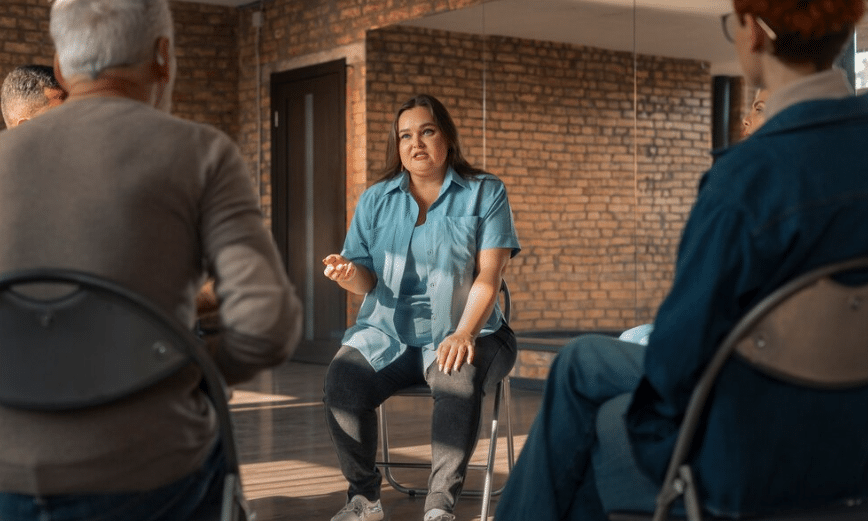
- Psychiatrist in San Marino, Telehealth
- 0 Comments
People are increasingly recognizing mental health as essential to overall well-being. Telehealth has revolutionized access to mental health services. Brain Health USA leads this transformation by providing comprehensive virtual care tailored to each individual’s needs. Whether you’re seeking support for anxiety, depression, ADHD, or more complex conditions, connecting with a Psychiatrist in San Marino, Los […]
Read More





